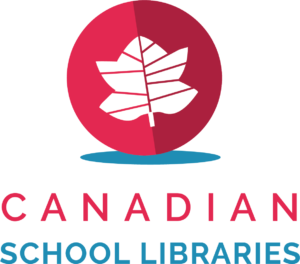Second in a series of reflections on my Ontario Library Association Super Conference 2012 experience.
Innovations in learning formed another strand in my Super Conference experience. Here are some highlights from the speakers.
Alec Couros: As it turns out, I had the opportunity to hear Dr. Couros at the OSLA Spotlight session at Super Conference and again at the ABEL Leadership Summit one week later. Couros makes a compelling case for making learning networked, transparent and authentic using social media. An advocate of “copy-left” in our remix culture and open access to learning, Couros shows how learning is amplified through collaboration and social learning connections on the web. We need to share our learning and let our students share theirs. “We do great work and then hold it hostage on a bulletin board.” I was particularly intrigued by his thoughts about kindness on the web – food for thought as we make connections between character education and digital fluency.
Open Thinking Wiki from Alec Couros
Michael Ridley & John Miedema: If for nothing else, this session was worth the price of admission just to experience the eloquence of thought and argument from these two intellectual giants. Ironic, considering that their debate was titled Beyond Literacy: Reading and Writing are Doomed!, with Ridley as the challenger of literacy and Miedema the champion. Ridley argues that visible language is in demise, “…the complexities of the world drove us to create visible language (the alphabet) because of the failure of human memory to encompass and comprehend the emerging cornucopia of information and ideas.” (http://michaelridley.ca/2012/01/escaping-the-boundaries/). Miedema, author of Slow Reading takes the opposing stance, arguing that bounds of literacy are what ground us in an increasing complex world. Highly entertaining, highly stimulating, and dare I admit, mostly above my head!
http://michaelridley.ca/ http://johnmiedema.ca/
E-Learning and the School Library: I attended this session hoping for answers to the many questions I have about how school libraries can connect with and make a difference for the huge increase in focus on eLearning and “blended learning” in Ontario’s schools. Andrea Brozyna and Ruth Hall of the TDSB and Kate Shields of NNDSB shared their ideas and practical experiences. I was gratified that Rose Burton Spohn, Education Officer at eLearning Ontario, validated my questions and gave me some suggestions for exploring the possibilities.
My questions? How does an eLearning student get help from a teacher-librarian, online and offline, particularly with inquiry skills and information skills like citation, copyright and academic honesty? How can we build strong connections with eLearning teachers? What is the role of the teacher-librarian in eLearning at the school and board level? Libraries can help improve outcomes for eLearning students, but only as long as we are there. This is an emerging opportunity, and one that for which we need to advocate.
Ministry of Education: About Ontario’s eLearning Strategy


